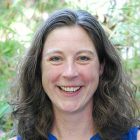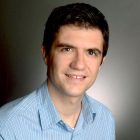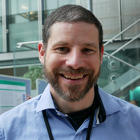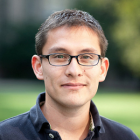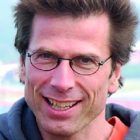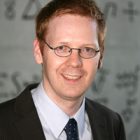Sascha Hoogendoorn (President)
Department of Organic Chemistry, UNIGE
Sascha Hoogendoorn lab aims to study and perturb cellular signalling, with a particular interest in the primary cilium and the Hedgehog signalling pathway. Her research combines organic chemistry with cell biology and CRISPR/Cas9-based gene editing to develop molecules that enable further dissection and manipulation of ciliary signalling.
Beat Fierz (Vice-President)
Chemical Sciences and Engineering, EPFL
Beat Fierz lab focuses on the study of the structure, dynamics and function of chromatin and related multi-protein complexes in vitro and in cells. These investigations require an interdisciplinary approach at the interface of chemistry, biology and biophysics.
Robbie Loewith (Treasurer)
Department of Molecular Biology & Cellular biology, UNIGE
The Loewith lab investigates the structures, functions and regulation of the two, broadly conserved, target of rapamycin (TOR) protein complexes. They use a combination of yeast genetics, cell biology, structural biology, chemical biology and biochemistry approaches and are particularly interested in how TOR complexes form higher order helical structures and how they are regulated downstream of mechanical changes in membrane tension.
Pablo Rivera-Fuentes
Laboratory of Chemical and Biological Probes, University of Zurich
Pablo Rivera-Fuentes lab, draws from the fields of organic synthesis, molecular biology, protein engineering, single-molecule imaging, and artificial intelligence to develop small-molecule and protein tools to study the subcellular compartementalization of biological processes. Current research lines in our lab include the characterization of the redox states of mammalian organelles, the creation of chemigenetic markers and sensors for in vivo imaging, and the development of single-molecule peptide and protein identification technologies.
Pierre Gönczy
School of Life Sciences, EPFL
Pierre Gönczy’s main research interests lie in understanding fundamental cell division processes, notably in the context of a developing organism and with a focus on the mechanisms governing centriole biogenesis and centrosome duplication as well as asymmetric cell division, a crucial phenomena for generating cellular diversity during development and in stem cell lineages.
Christian Heinis
Chemical Sciences and Engineering, EPFL
The ultimate goal of Christian Heinis lab is the development of therapeutics by developing peptide macrocycles for potential therapeutic application using phase based strategy and biological and chemical tools. His lab currently develops potent antagonists to a range of disease targets, following medical indications in which bicyclic peptides promise advantages over small molecules and monoclonal antibodies.

